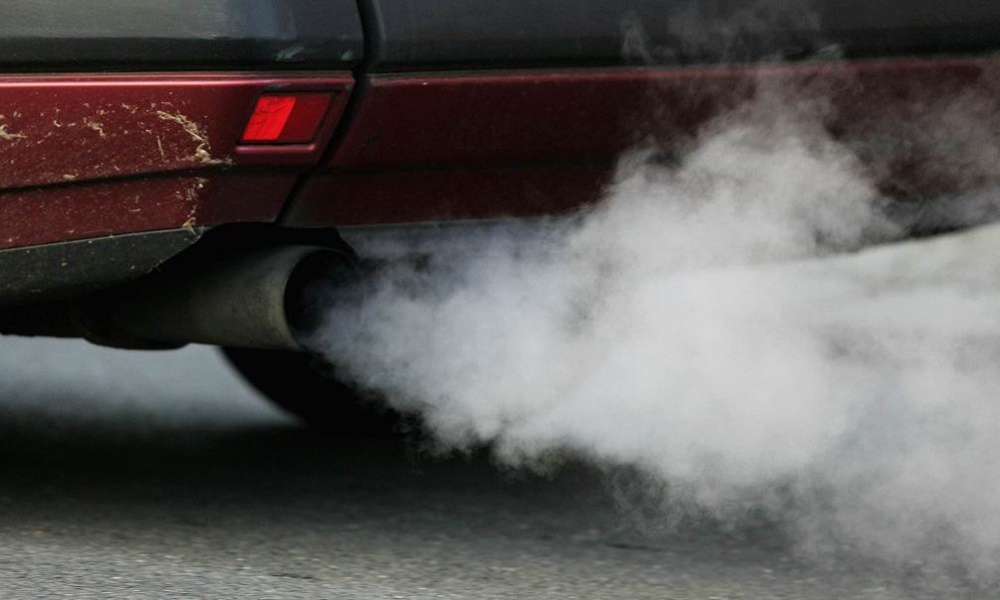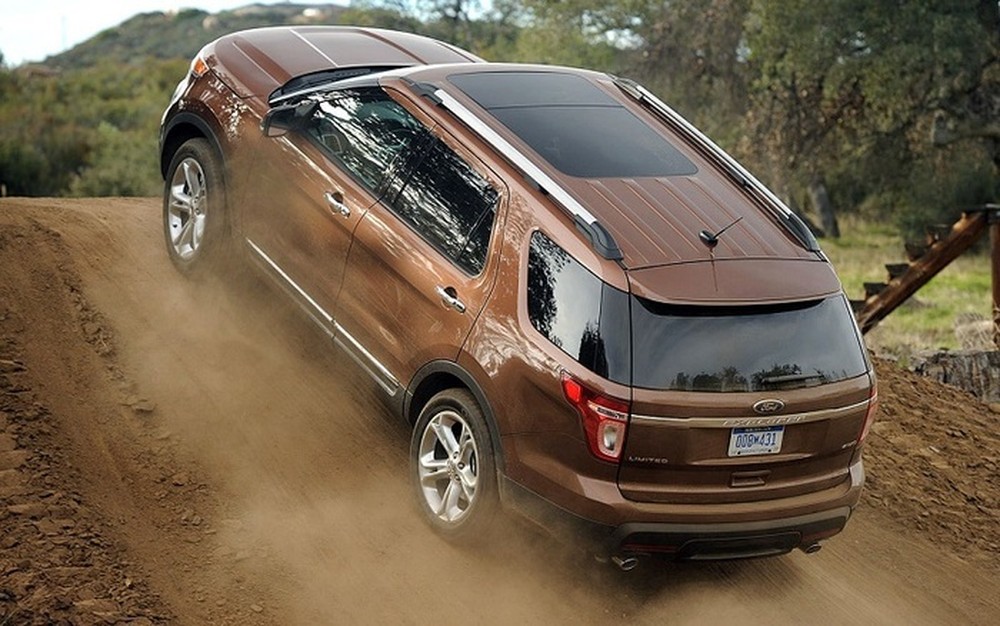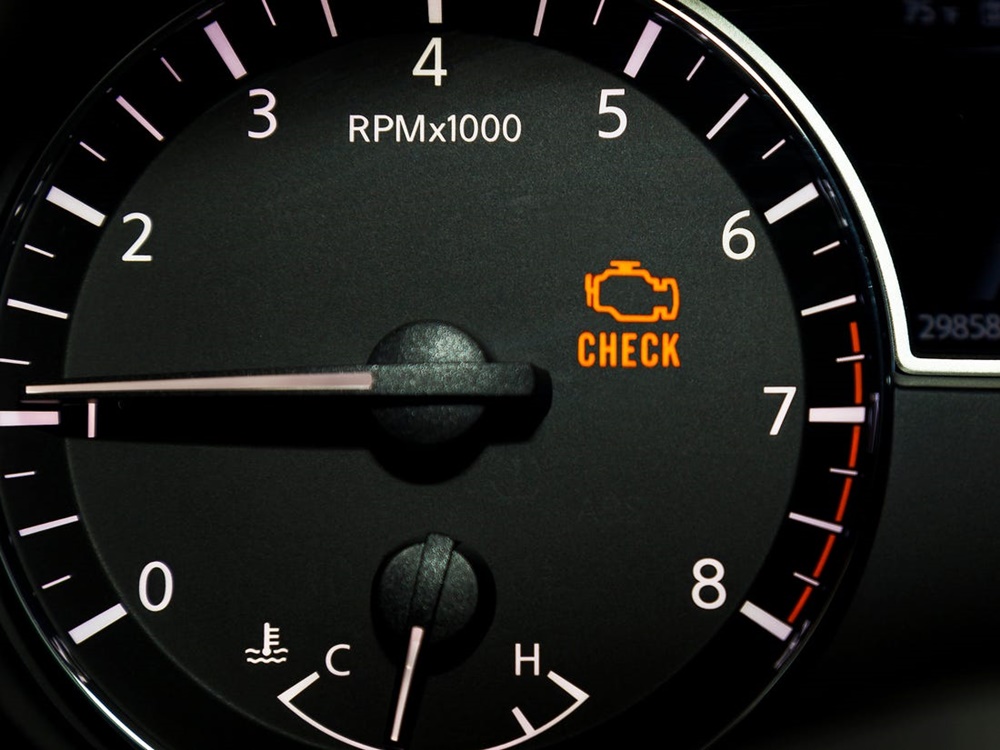Early detection of your car’s weakness signs will help you save on repair costs and be more timely before the car actually breaks down or causes unforeseen dangers.
Poor Acceleration
When you have to press the accelerator pedal deeper and harder for the car to accelerate, it indicates that the vehicle is getting weaker. Check urgently to ensure that the injectors are not clogged, the fuel lines are not leaking, and the air filter is stable.
These components directly affect the car’s acceleration. The injectors will pump fuel and clean air from the filter into the cylinders, and the ignition system will ignite the fuel-air mixture to operate the pistons. Therefore, problems with the pump, a clogged air filter, or fuel leaks will reduce the engine’s combustion efficiency, resulting in weaker acceleration.

Having to press the accelerator harder than usual is a sign that the car is getting weaker.
Exhaust System Malfunction
A car “backfiring” from the exhaust is a sign that the car has problems such as the combustion chamber being over-fueled or the spark plugs not burning all the fuel, being clogged with dust, or having oil leaks into the combustion chamber. Car owners should get their cars checked as soon as possible when they notice this serious sign, such as black smoke coming from the exhaust. Additionally, a faulty exhaust sensor, electrical system, or engine sensor can also cause the fuel-air mixture to be supplied at an inaccurate ratio, affecting the exhaust system.

Steering Wheel Vibration
You can easily feel the steering wheel vibration, especially when the car is idling; the vibration will be stronger. The larger the vibration, the more serious the problem is. If this situation persists, it will lead to other problems such as increased fuel consumption, difficulty starting the engine, and engine jerking when idling (most noticeable when using air conditioning and lighting systems).
The problem of steering wheel vibration may stem from a loss of power in the car. There are three main causes of power loss in cars: one or more spark plugs not working, loss of engine compression, and incorrect fuel-air mixture ratios. Therefore, if the spark plugs are faulty, check the high-tension wires. If the engine is losing compression, check for leaks in the valves, gaskets, or cracks in the head gasket that may be causing too much fuel and air to enter the combustion chamber.

Steering wheel vibration is also a clear sign that the car is weakening.
Difficulty Climbing Hills
If your car struggles to climb hills as it used to, it’s often due to a problem with the fuel system, likely a clogged fuel filter. In this case, the fuel pump has to work harder to compensate for the lack of fuel, especially when climbing hills. The lack of fuel will cause the car’s engine to stall, and there won’t be enough power to climb the hill. In addition to checking the filter, car owners should look for other causes of clogging, such as dirty fuel or sediment in the fuel tank.

Cars that struggle to climb hills as they used to often have a clogged fuel filter.
Check Engine Light Illuminates
Today’s cars are equipped with many sensors that alert the driver when something goes wrong. Since cars don’t perform optimally when there’s a problem, you should check the parts with fault sensors, such as the exhaust catalyst, oxygen sensor, intake air sensor, and spark plug wires. Next, inspect the crankcase ventilation hose to ensure there are no cracks or openings that allow too much air into the combustion chamber, causing the engine to “choke.”

When the check engine light on the dashboard illuminates after starting and operating the vehicle, take it to a repair shop for inspection.
If you encounter any of the above signs and are unsure how to handle it, take your car to a garage or service center for professional assistance and repairs.







































